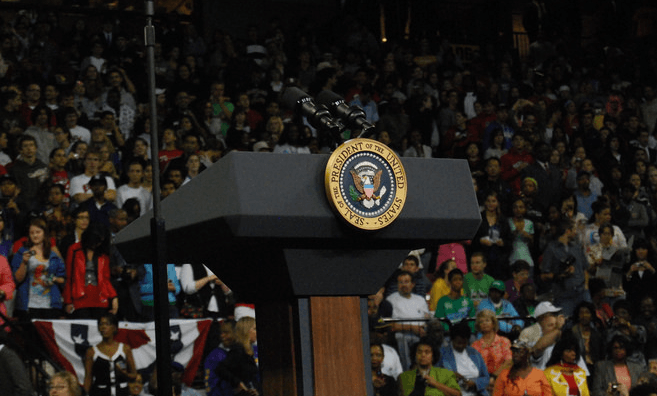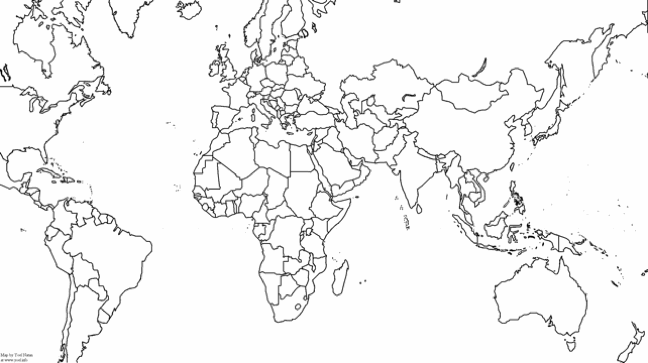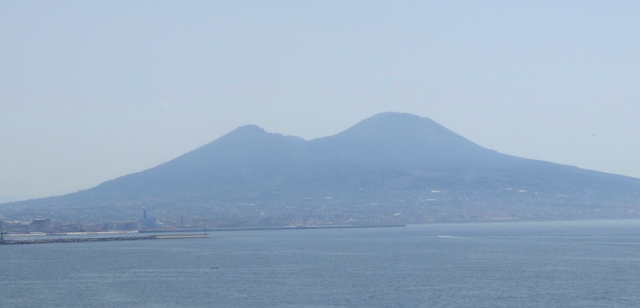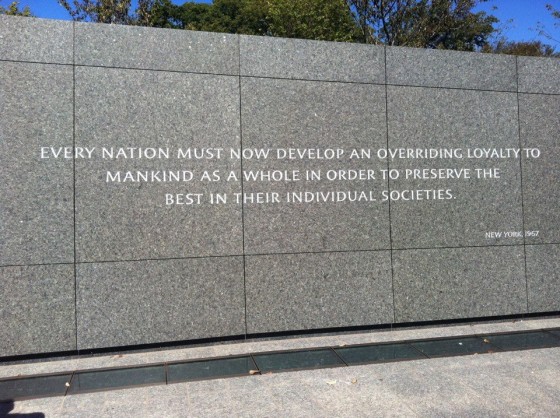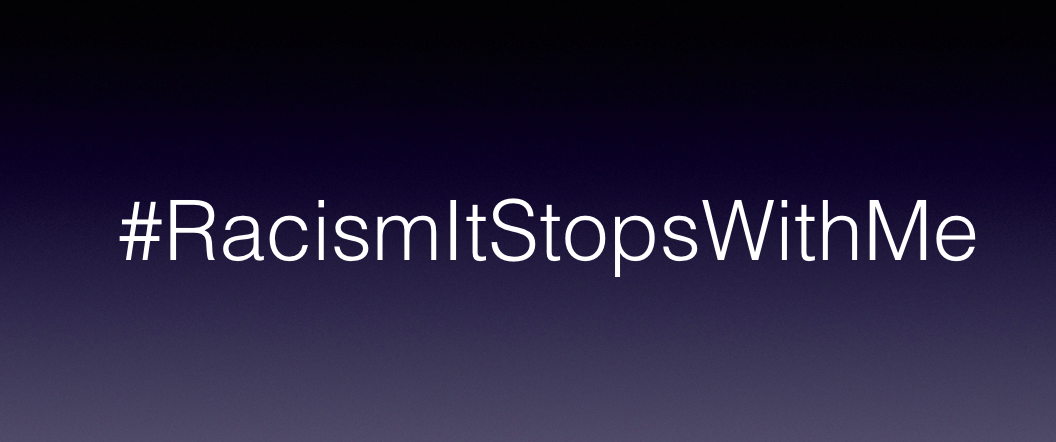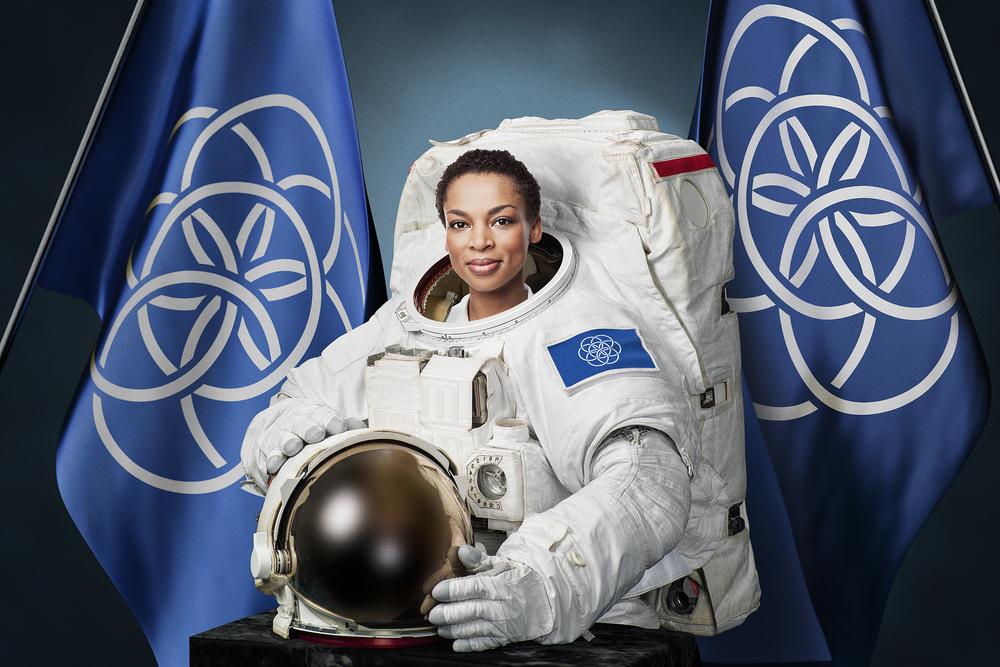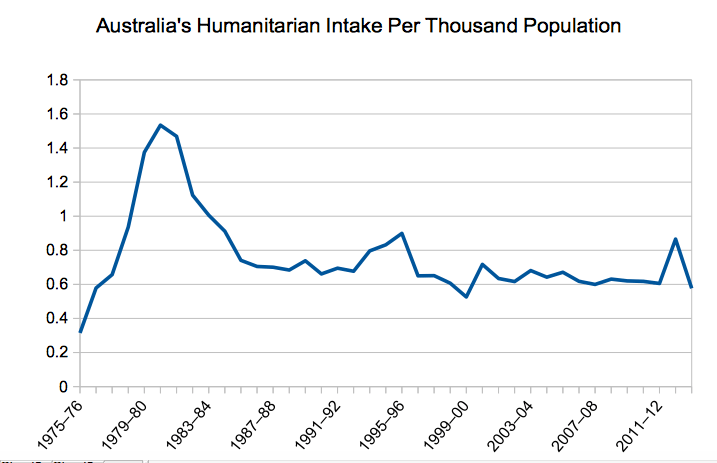-
Electing the President
There is something fascinating about the “contest” which elects the President of the United States. The 2016 election is no exception. Candidates who weren’t imagined before the election year have come to the fore and with them the discourse and the “contest” has been thrown open. Issues of gender are right on the surface. And the fact that a women has never been elected as President is one of the issues. Gender issues are present in other ways. Women’s bodies and women’s rights have repeatedly surfaced as a political football. Issues of race are prominent, who is allowed to belong – who needs to be locked out. Who can claim…
-
Imagined foreignness
In our modern world, it is often the nation-state that acts as the locus from which conceptions of foreignness arise. It is to one (or more) of the 190-plus countries into which the globe has been carved up that we claim allegiance and tie our identities. Our passports, legal documents that represent our affiliation with a certain political establishment, act as reifications of our sense of belonging. We interpret the question “Where are you from?” as “Which country are you from?”, and we respond accordingly. And then, just as we use the country to which we belong as a means of identifying with people of the same nationality, we also…
-
The Borders of Science
Surely something as universally true as science could not have borders? Not in the twenty-first century. Not in the age of the internet. Like the refugees who face immense challenges in getting into Fortress Europe, getting the benefits of science to the poor in developing countries is incredibly difficult. The most well-known case was that of aids drugs and their availability to the poor in developing countries. The problem is this: the systems created to protect intellectual property simply ignores the existence of the poor who could never pay for drugs, priced at around US$17,000 for an annual supply. While developed countries were able to pay the price for aids drugs and…
-
Will the real foreigners please stand up?
Either we all stand up or none of us do. Recently I read comments on the BBC page on Open Borders. One Mark Krikorian of the Center for Immigration Studies expresses this view. Borders are essential to nationhood. They are the line between “us” and “them”. Without ‘them’ there can be no ‘us’, precluding the possibility of social solidarity. Scary isn’t it? If we let those foreigners in we’ll be in real trouble.
